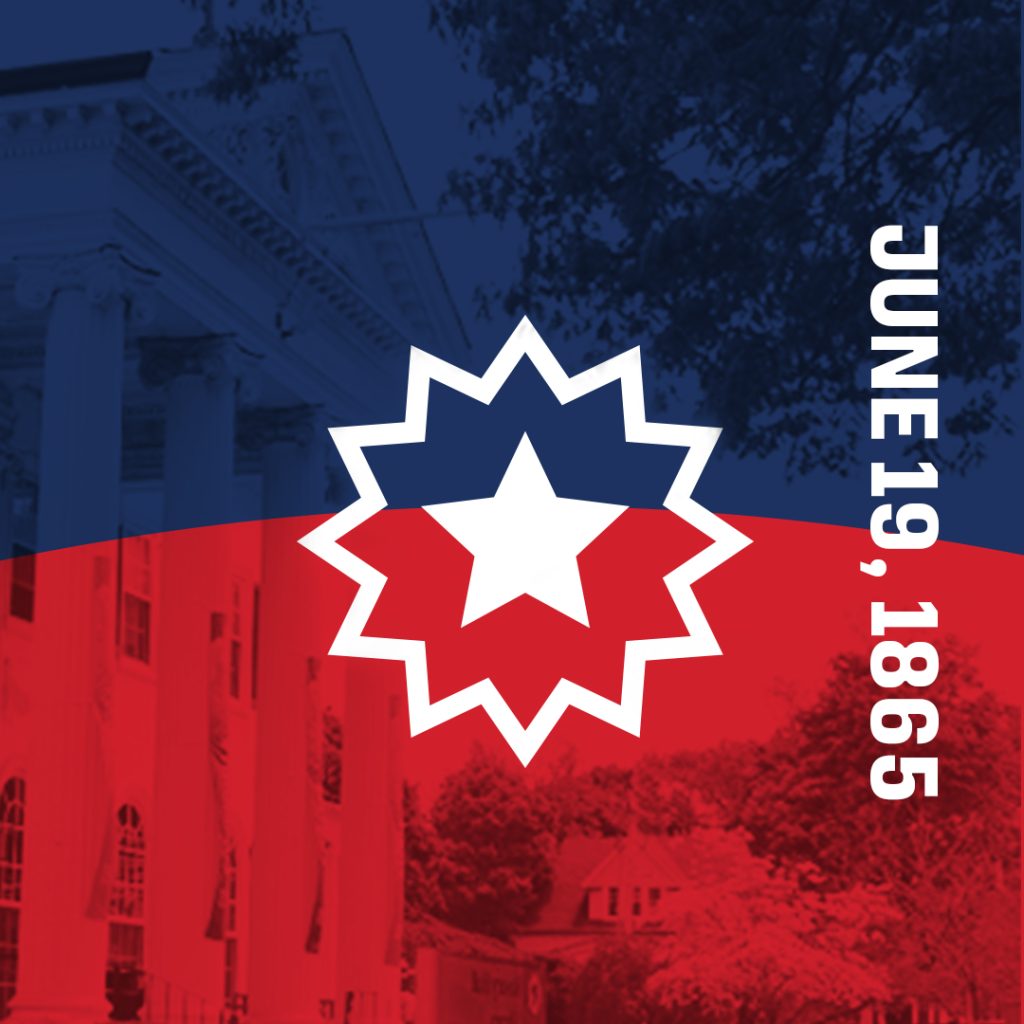Written by: Hannah J. Hayes
Black people across the diaspora have commemorated a watershed moment: June 19, 1865, when some 2,000 Union troops landed in Galveston Bay, Texas, to liberate the last remaining slaves. This occurred nearly two years after President Abraham Lincoln had emancipated enslaved Africans in America.
More than 250,000 African Americans attained freedom through an executive decree, an event that would later be referred to as Juneteenth or Freedom Day. The significance of this day was cemented in 2021, when President Biden signed legislation recognizing Juneteenth as a federal holiday—an overdue acknowledgment of this historic milestone.
A century and a half later, today’s Juneteenth celebrations are a vibrant blend of cookouts, dominos, line dancing, and the rhythmic strains of Beyoncé’s “Before I Let Go” remix, while attendees electric slide. However, early celebrations were characterized by prayer and intimate family gatherings, evolving to include annual pilgrimages to Galveston by former enslaved individuals and their families, as documented by Juneteenth.com.
On this day, we commemorate not only the freed slaves but also honor those who chose to drown in the sea rather than endure chains, those who never reunited with their families after being torn from the arms of kin, and those who lost their lives to senseless and violent racism. Today is also dedicated to you.
Albertus Magnus College joins in observing and celebrating Juneteenth, recognizing its profound historical and cultural significance.
Sources
“Have a Proud and Happy Juneteenth!” Juneteenth World Wide Celebration Symbol,
www.juneteenth.com/. Accessed 18 June 2024.
“The Historical Legacy of Juneteenth.” National Museum of African American History and Culture, 1 June 2023, nmaahc.si.edu/explore/stories/historical-legacy-juneteenth.

